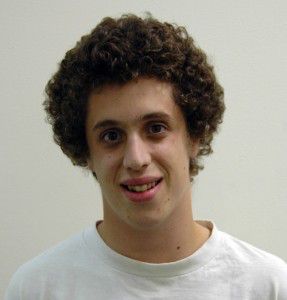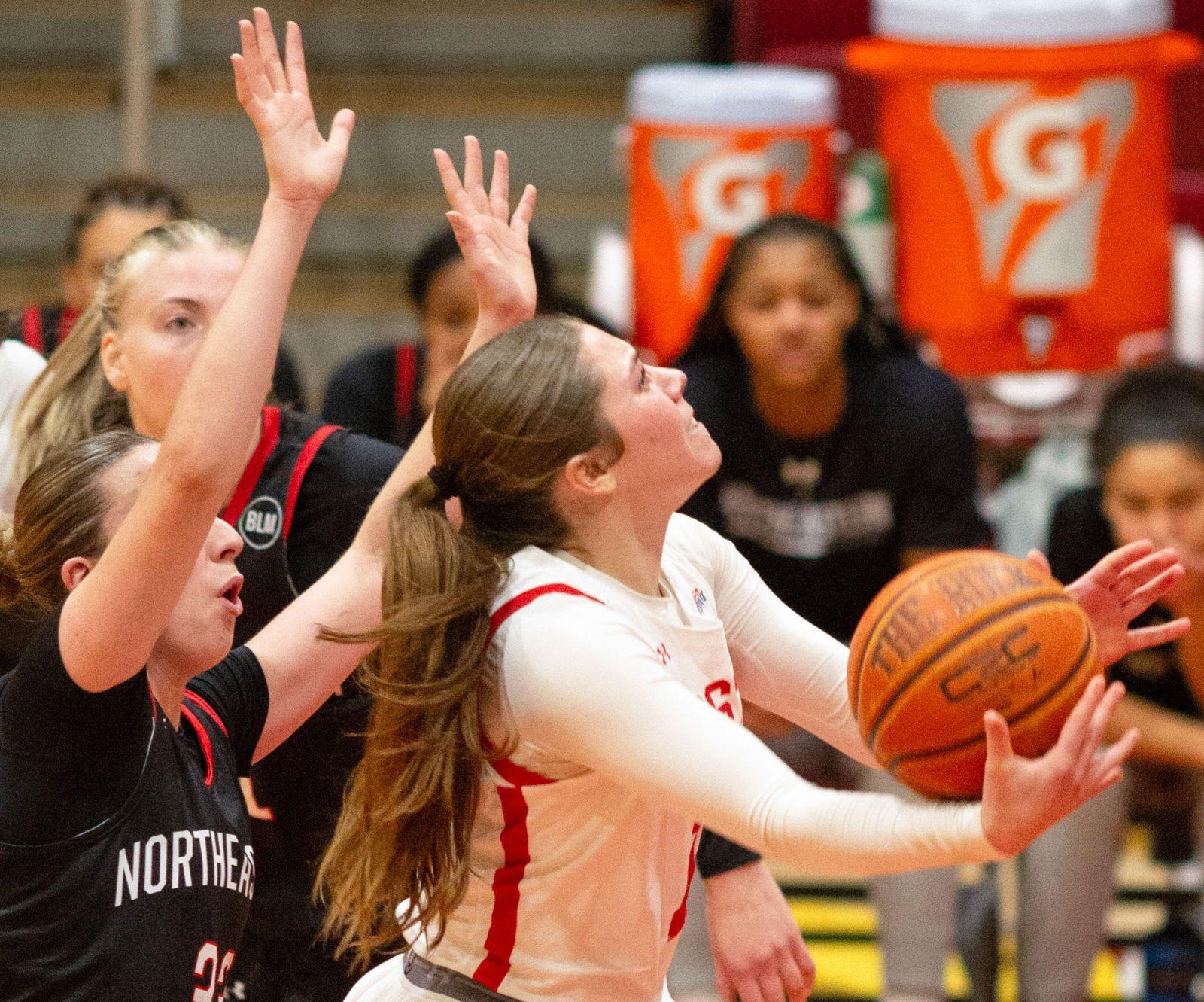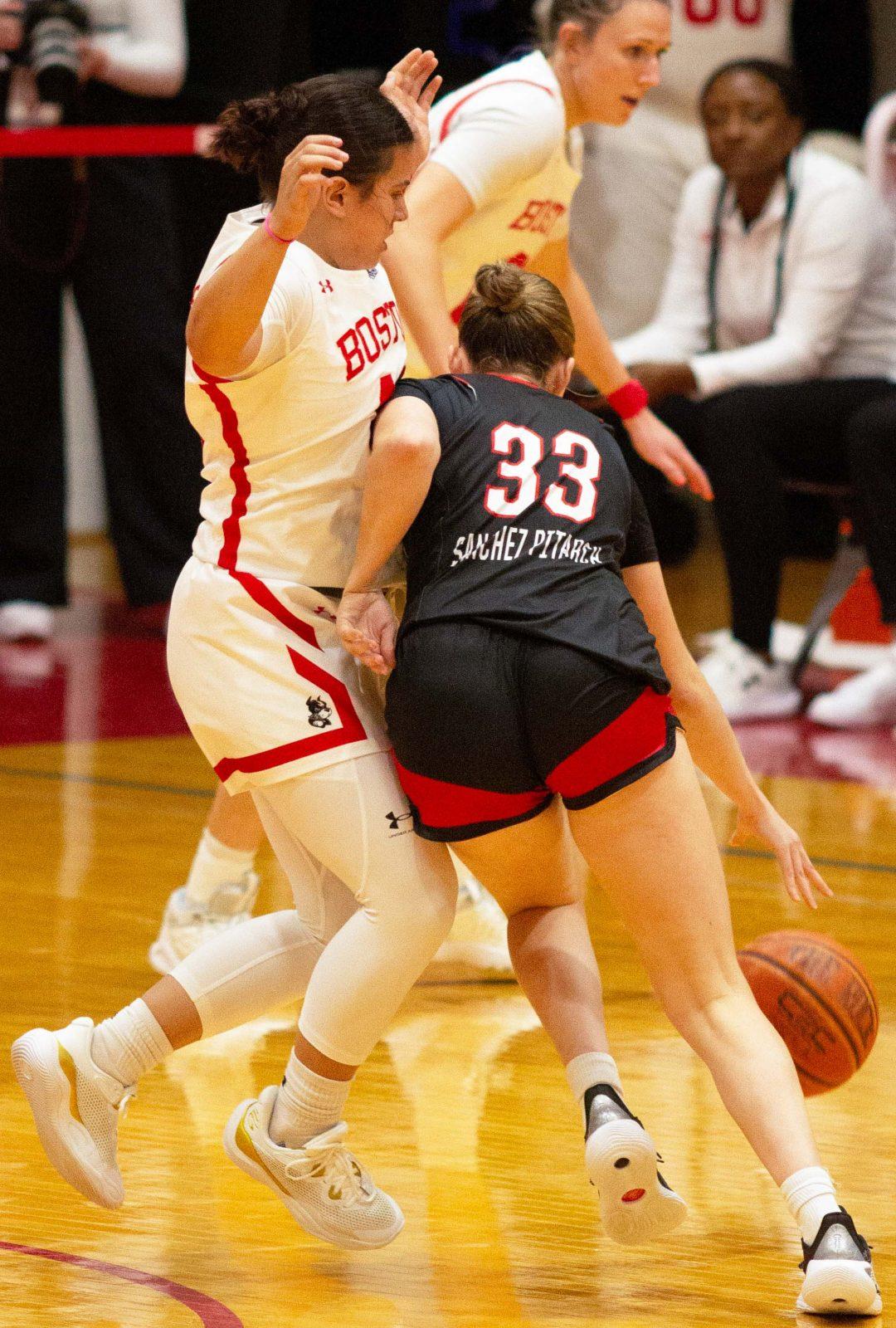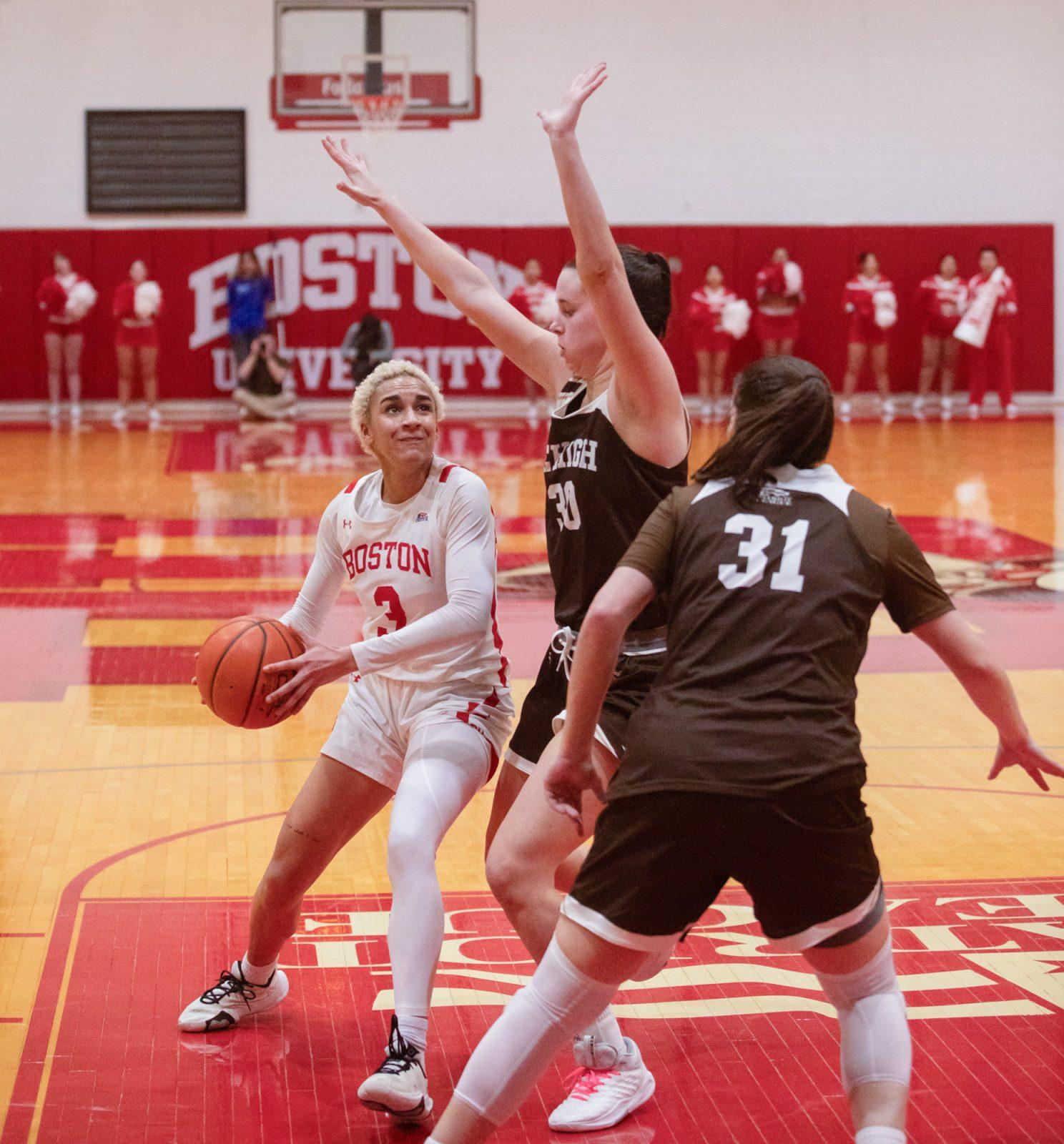In high school, Joey Greenspun was a smart kid. He worked hard, had a good grade point average, and when he graduated, he was going to go to a good school – maybe not Massachusetts Institute of Technology, which he had had his eye on since middle school, but a good school nonetheless.
So Greenspun was crushed when he saw his grade of 58 on an honors Spanish exam. He had to bring it home for a parent’s signature, which is one of the most terrifying things you can ask of a high school sophomore.
But Greenspun’s parents didn’t sigh and tell him to study harder. They didn’t go ballistic and tell him he’d never get into college. They weren’t the kind of parents who Greenspun saw in his hometown of Orange, Conn. who made their kids stay in and study for the SATs when their kids were in eighth grade.
In fact, Mary Jo Greenspun was ecstatic.
Her son, who pushed himself so hard academically and athletically in long-distance running, had finally showed an imperfection. He failed at something, and she could not have been happier. She put Joey’s red-ink-filled exam up on the fridge.
Greenspun continued to push himself after leaving Orange to come to college at Boston University. He decided to double major in electrical and biomedical engineering. In other words, he decided to give up on fun and sleep for four years.
He didn’t earn a scholarship to run at BU. In fact, he said he came in “really bad at running.” But he begged the track coach to take him on the roster and improved his times by training with runners who were better than him.
Now, Greenspun runs times comparable to or better than other Division I scholarship athletes. He finished 15th at the Boston College Invitational, 23rd at the America East Championships, and he earned a 3.83 GPA, earning him a spot on the AE all-academic team.
But Greenspun doesn’t see track as another responsibility on top of his tough academic workload.
“It really can get crazy,” he said. “Sometimes you need to take a break, but it’s not like you do your work and then you have to go running. You finish you work and then you get to go running. It’s something that I love.”
More than Kemba Walker graduating in three years from the University of Connecticut without finishing a book, more than the University of Kentucky’s parade of one-and-done lottery picks that will include Terrence Jones and Brandon Knight this year, Joey Greenspun’s story sums up the typical student-athlete experience.
For 99 percent of college athletes, there are no million-dollar paychecks at the end of school. There are just 5 a.m. lifts and practices and late nights studying for exams.
“No matter who you are, you don’t get into college just because of grades,” Greenspun said. “Whether you’re a junior statesman or you’re on the debate team or you’re an athlete. If those can help you get into college, why not running or soccer or basketball?”
According to a recent Boston Globe article, BU’s student-athlete graduation rate hovers between 89 and 96 percent. In basketball, one of the sports with generally lower graduation rates, BU’s is 90 percent.
BU student-athletic support director Phil DeCarlo told The Globe those high graduation rates are a product of student athletes knowing “there’s not a lot of room for error here.”
Greenspun agrees.
“I would love if [preferential treatment] happened but the truth is it just doesn’t,” he joked.
“I would never go to a class and be like ‘Oh, sorry professor. I didn’t have time to study for that exam because I was running. Can I take it tomorrow?’ They would laugh in my face.”
Greenspun will have one more year of eligibility to run once he graduates from BU. He’s looking at DI schools on the west coast known for their academic competitiveness like University of California, Berkeley, UC San Diego and the University of Washington.
But he’s also looking at a Division III school where the athletic competition won’t be on the same level as what Greenspun’s used to at BU.
“I would be a national-caliber athlete at the DIII level, which is kind of cool because I come from high school not really being that good, and if I go there I’d probably go to the nationals,” Greenspun said.
That’s not exactly what you’d expect to hear from a kid who has taken on so many challenges. That is, until you hear the name of the school: MIT.
Greenspun still has over a year to take his GREs and go through the application process, but with a GPA in between an A and an A-, while playing a varsity sport, his resume looks pretty good.





















































































































